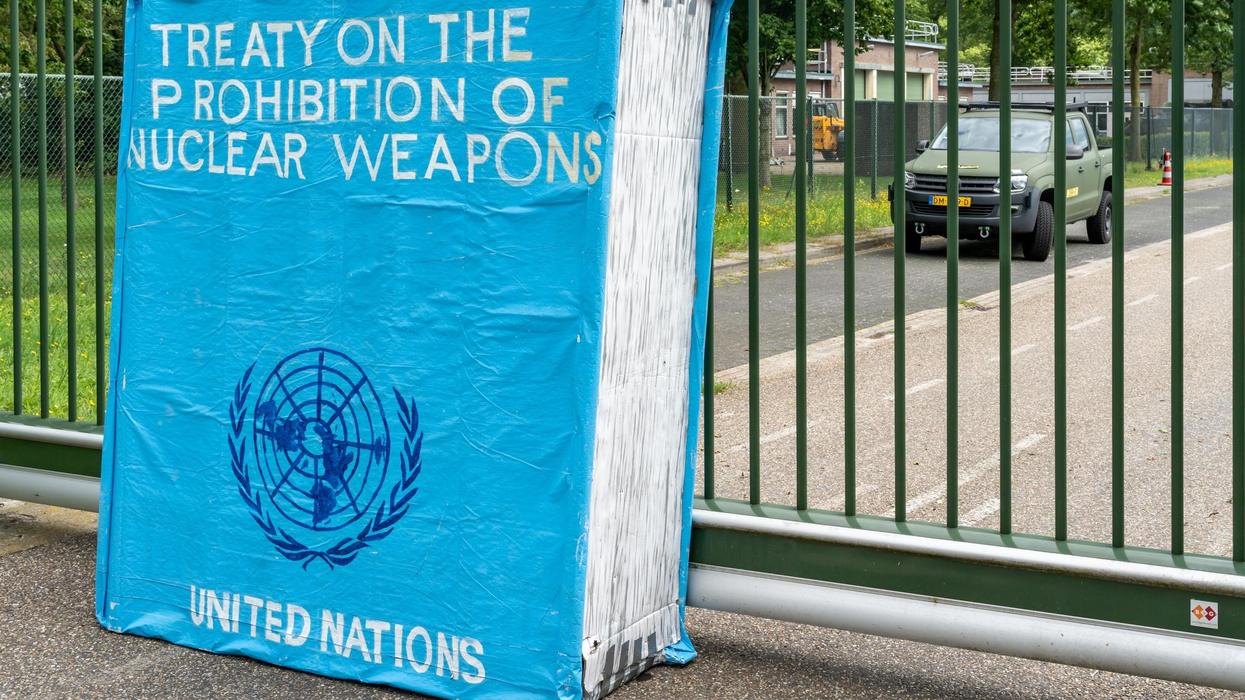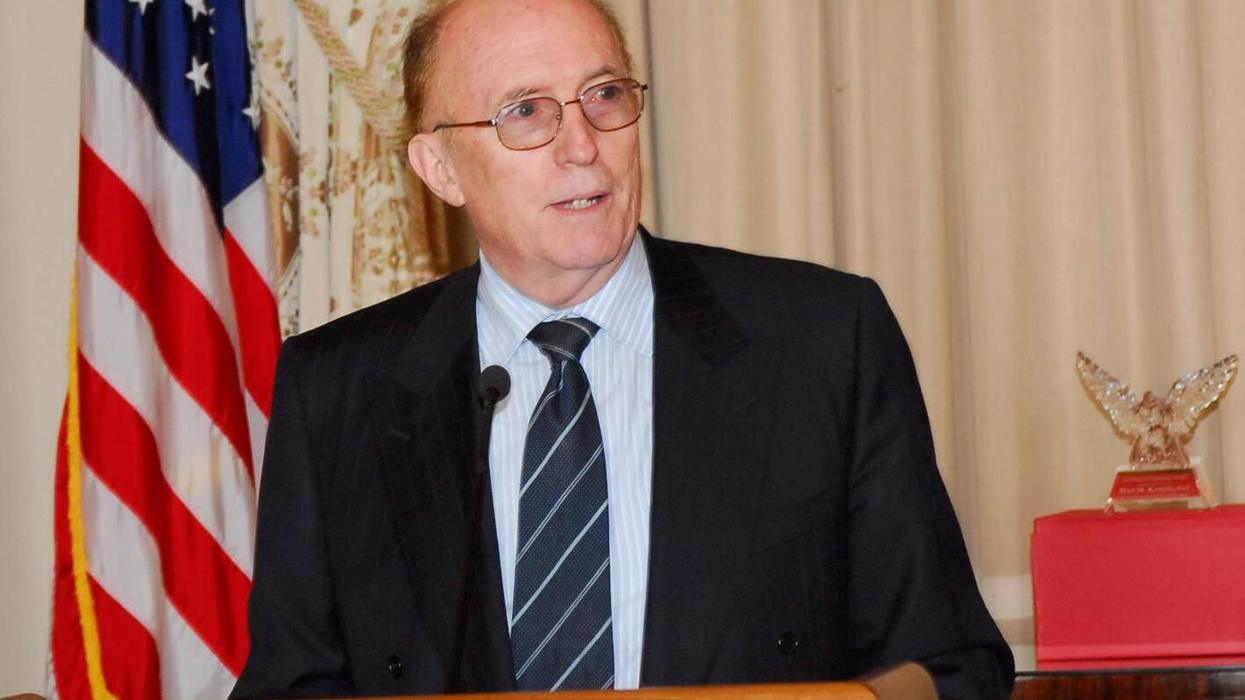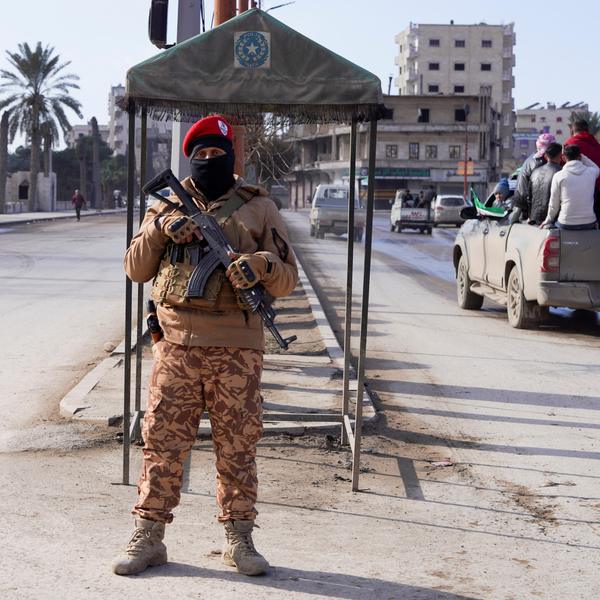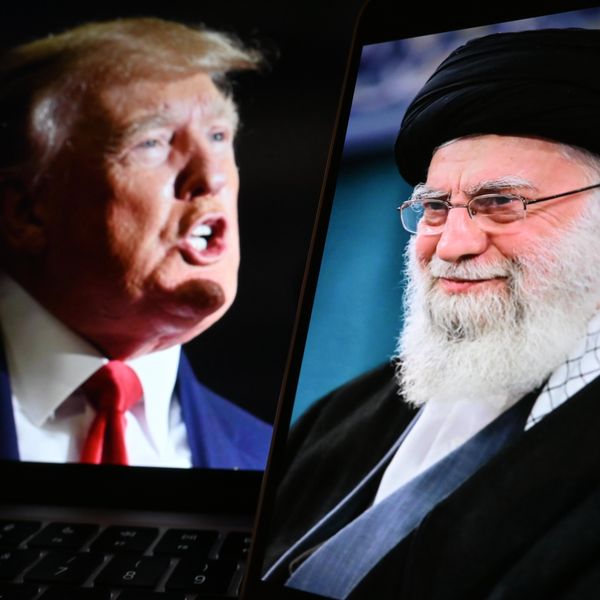Eric Schmitt and Ronen Bergman report in the New York Times that U.S. officials believe an attack with armed drones on an American military base in southern Syria last month was retaliation for Israeli airstrikes in Syria. The attack caused no casualties — and the munitions in three of the five drones in the attack failed even to detonate — but the next such attack could well cause deaths or injuries. The officials attribute the October attack to what they describe as “proxy” forces connected to Iran.
Four implications follow from this development.
First, a complete withdrawal of U.S. troops from Syria is overdue. The continued presence of those troops is illegal, serves no vital purpose that has been identified and authorized by Congress, and helps to prolong a war in Syria that already has been largely won by the Assad regime with the help of its Russian and Iranian allies. Meanwhile, U.S. troops in Syria are exposed to becoming casualties at any moment.
Second, the United States needs to accept that the Assad regime is not going away any time soon and should think about areas where its interests with that regime may overlap. This is especially true regarding terrorism and specifically Islamic State or ISIS, which figures into the most frequently mentioned rationale for keeping those American troops in Syria.
Although earlier in the Syrian war the regime appreciated having ISIS around so that it could present itself as Syria’s guardian against terrorism, the more that Assad consolidates his control over most of the country, the clearer and more direct will be the conflict between his regime and ISIS. That conflict already is clear enough to have led to direct combat. The situation is increasingly similar to that in Afghanistan, where the branch of ISIS there presents the biggest challenge to Taliban rule and is why the Taliban and ISIS are mortal enemies.
Meanwhile, the uninvited presence of U.S. troops on foreign soil stimulates anti-U.S. terrorism, just as the presence of foreign troops on other soil has historically been perhaps the single biggest stimulant to terrorism by other groups.
Third, the United States has been applying double standards to conduct in the Middle East. As the Iranian regime never tires to point out, its people are in Syria by invitation of the Syrian government, but U.S. forces are not. Although references to Iran’s “nefarious, destabilizing, etc.” behavior in the region are de rigueur in U.S. policy discussions, the biggest throwing of military weight around in the Middle East today — and doing so in a way that makes an unstable situation even more unstable — is the offensive Israeli aerial campaign in Syria for which last month’s drone attack on the U.S. base was retaliation. Israel has been conducting its air campaign at an intensity of about two attacks per week, supplemented by other lethal use of force such as assassination of a Syrian official with sniper fire from the Israeli-occupied Golan Heights.
Fourth, as long as the United States condones and facilitates Israel’s behavior, it cannot escape the damaging consequences. Just as those who fired the drones at the base in Syria have been conditioned to consider Israel and the United States as a package deal, so too have others whom Israel’s policies and actions have angered directed much of that anger at the United States. This pattern has long been true of Middle Eastern terrorists. Osama bin Laden consistently made U.S. support for Israeli policy a major feature of his bill of particulars against the United States.
Bin Laden knew he had an audience. The emotions in that audience are kept aroused not only by aggressive actions in places such as Syria but also by the continued subjugation of the Palestinians, whose plight many Middle Easterners still care about a lot.
















